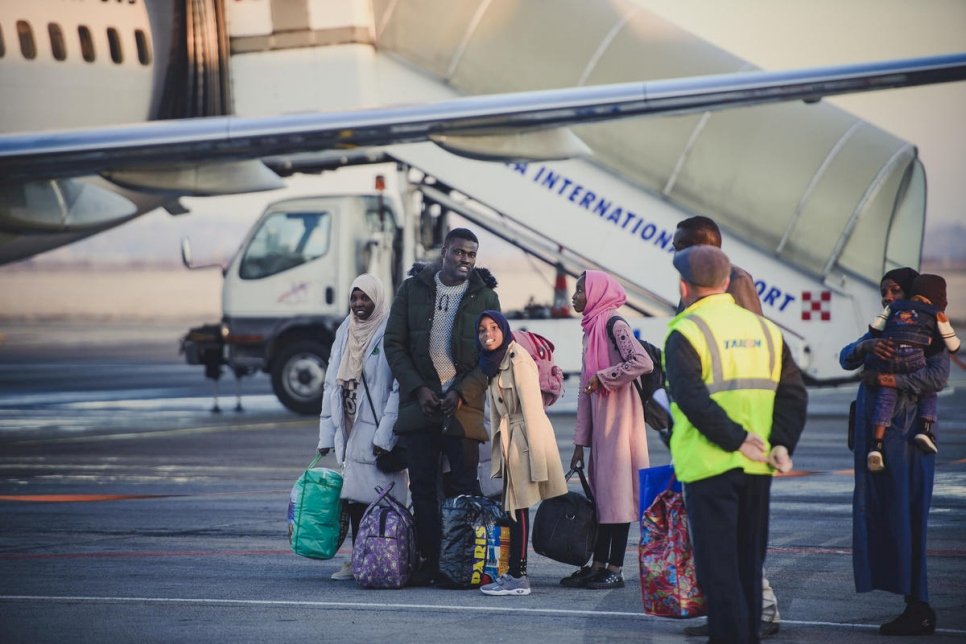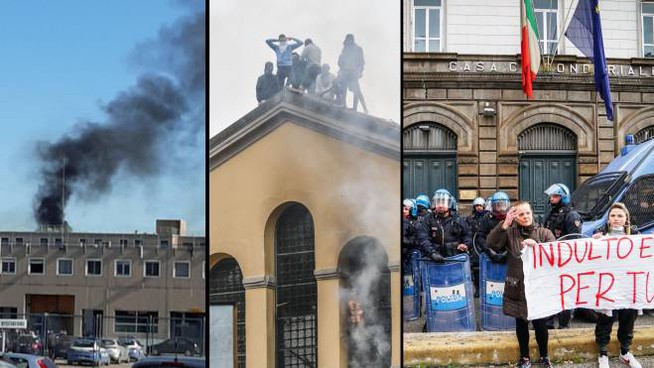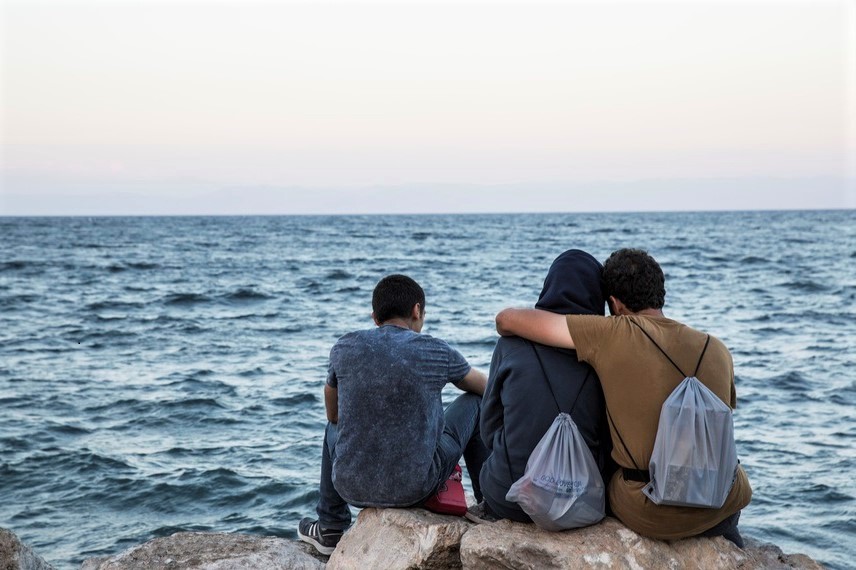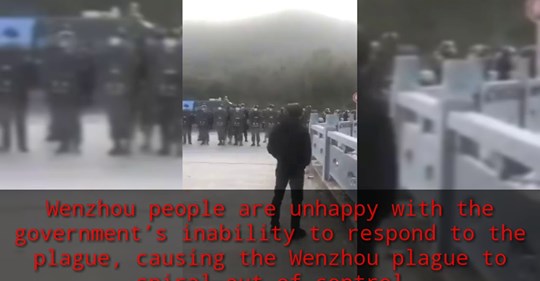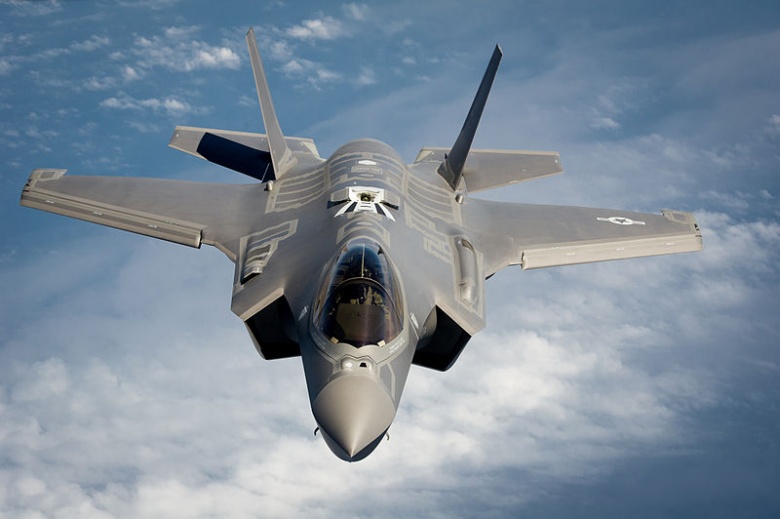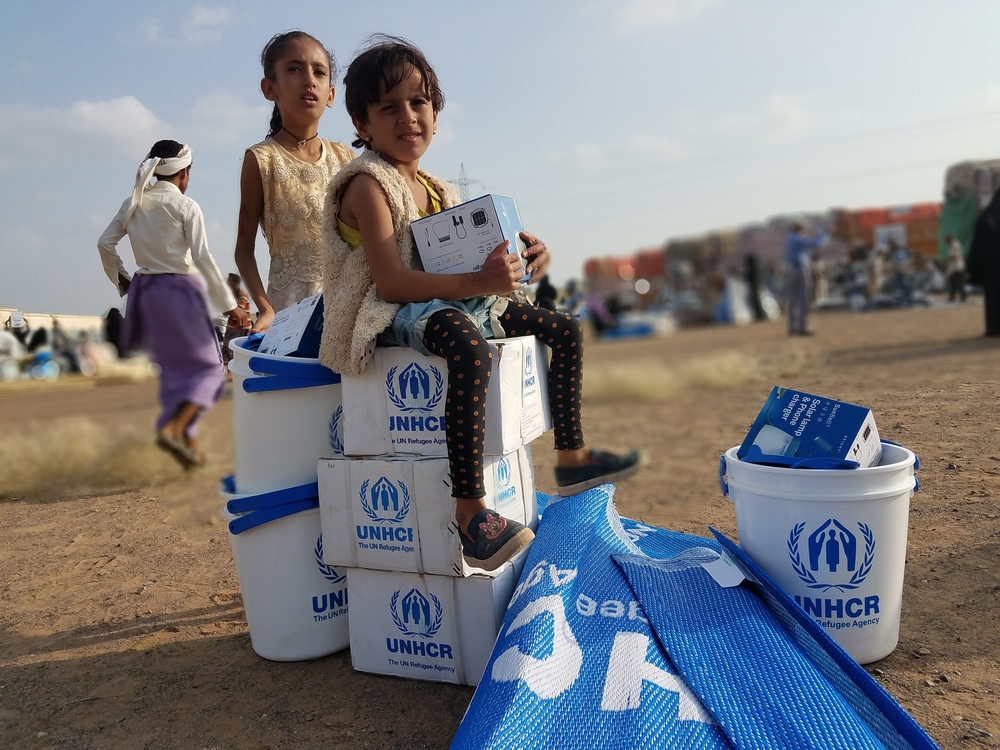
Will COVID-19 mean oil industry bailout?
Already depressed oil prices are now plummeting in response to COVID-19 pandemic. Global oil consumption is said to be in “free-fall,” now predicted to lead to the largest “annual contraction in history.” Canada’s federal government is preparing a bailout package for the oil and gas sector, with a possible value of $15 billion. Among the proposals is a share buyout along the lines of the US Troubled Asset Relief Program (TARP) for banks and automotive companies during the 2008 financial crisis. (Photo: kris krüg)




